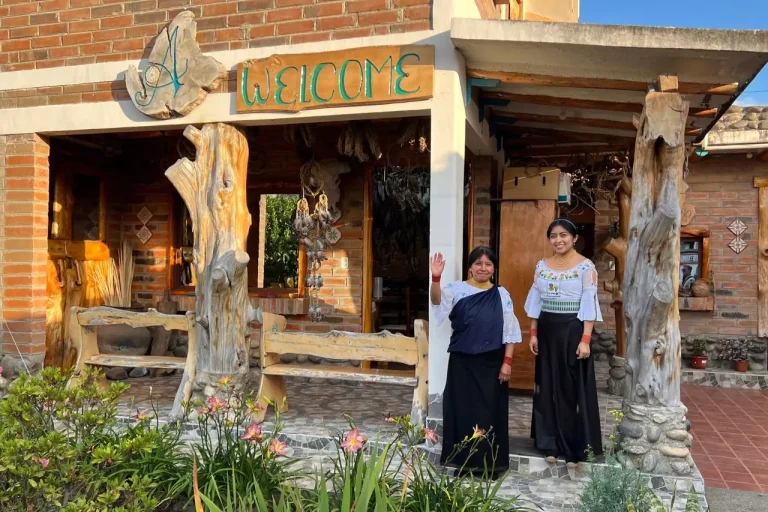Ecuador, a small yet incredibly diverse country, is celebrating its rich cultural heritage in a way that bridges tradition with modern sustainability. Through a groundbreaking initiative called Art Experiences Ecuador, indigenous artisans—referred to as culture bearers—are being empowered to sustain their crafts and traditions while connecting with a global audience. This initiative also fosters Ecuador microentrepreneurship, allowing artisans to thrive.

This initiative, spearheaded by Art Hotels Ecuador, goes beyond traditional tourism. It immerses travelers in Ecuadorian culture by connecting them with artisans who keep age-old traditions alive. These artisans are supported as micro-entrepreneurs, enabling them to turn their cultural practices into sustainable livelihoods through Ecuador microentrepreneurship.

During my time with Art Experiences Travel, I had the chance to speak with Sebastian Vergara, CEO of Art Hotels Ecuador and Art Experiences Travel, about their mission to empower artisans and preserve Ecuador’s cultural identity. What follows is a blend of his insights, stories, and my own experiences witnessing this transformative initiative in action.
Table of Contents
What is Art Experiences Ecuador?
At its core, Art Experiences Ecuador is a cultural initiative that highlights Ecuador’s artistic diversity and traditions. It operates as a Destination Management Company (DMC) that focuses on creating immersive, transformative travel experiences.
Unlike traditional tourism, Art Experiences Ecuador takes travelers on a journey of discovery. As Sebastian described:
“We use crazy concepts like the hero’s journey. Travelers trust us, but we don’t tell them exactly what they’re going to do. Instead, we give them riddles, clues, or even items that tie into the experience. It’s like a treasure hunt, but in a way that’s deeply personal and cultural.”

This initiative brings micro-entrepreneurs—local artisans, craftspeople, and culture bearers—into the spotlight. Travelers not only learn about Ecuador’s heritage but also interact directly with the people who live and breathe these traditions.
“We create the circumstances for travelers to have transformational travel experiences,” Sebastian explained. “It’s hands-on, immersive, and real. Sightseeing becomes secondary. What you take home are stories, connections, and souvenirs that remind you of the impact you made.”
Through these experiences, Art Experiences Ecuador helps sustain indigenous artisans and promotes their crafts and culture on a global scale.
The Role of Art Hotels Ecuador
Art Hotels Ecuador, owned by the entrepreneurial Arias family, operates a collection of boutique properties showcasing Ecuadorian art, culture, and hospitality. These hotels serve as the perfect base for travelers participating in Art Experiences Ecuador, connecting guests with artisans, culture bearers, and local traditions to foster cultural exchange and sustainable economic growth.
The Arias family’s vision is to connect travelers with Ecuador’s cultural identity through curated experiences that celebrate both the country’s natural beauty and its artistic heritage.
Experiences at Hotel Mama Cuchara (Quito)
Located in Quito’s historic center, Hotel Mama Cuchara offers experiences that immerse guests in the rich cultural and artistic heritage of Ecuador’s capital city:
- Art Exploration: The hotel houses a private art collection, allowing guests to explore both classic and modern Ecuadorian art. This provides an excellent opportunity for art enthusiasts to immerse themselves in Ecuador’s artistic traditions.
- Free Walking Tours: Complimentary guided tours are offered to local sights, including:
- Santo Domingo church
- El Caretero ‘mask-makers’ workshops
- Artisanal coffee shops: These tours provide insights into Quito’s history, architecture, and local crafts.
- Culinary Workshops: Interactive cooking classes with the hotel’s chef allow guests to learn how to prepare typical Ecuadorian dishes such as:
- Yucca
- Bolones
- Corviche
- Empanadas
- Ceviche: These hands-on experiences offer a deep dive into Ecuador’s culinary traditions.
- Rooftop Terrace and Garden: Guests can enjoy panoramic views of Quito’s historic center from the hotel’s rooftop terrace and garden, providing a peaceful setting to reflect on their experiences.
- Cultural Immersion: Guests can engage in activities such as:
- Traditional mask-making workshops
- Storytelling sessions with local artisans
- Chocolate-making experiences using Ecuador’s famous Fino de Aroma cacao


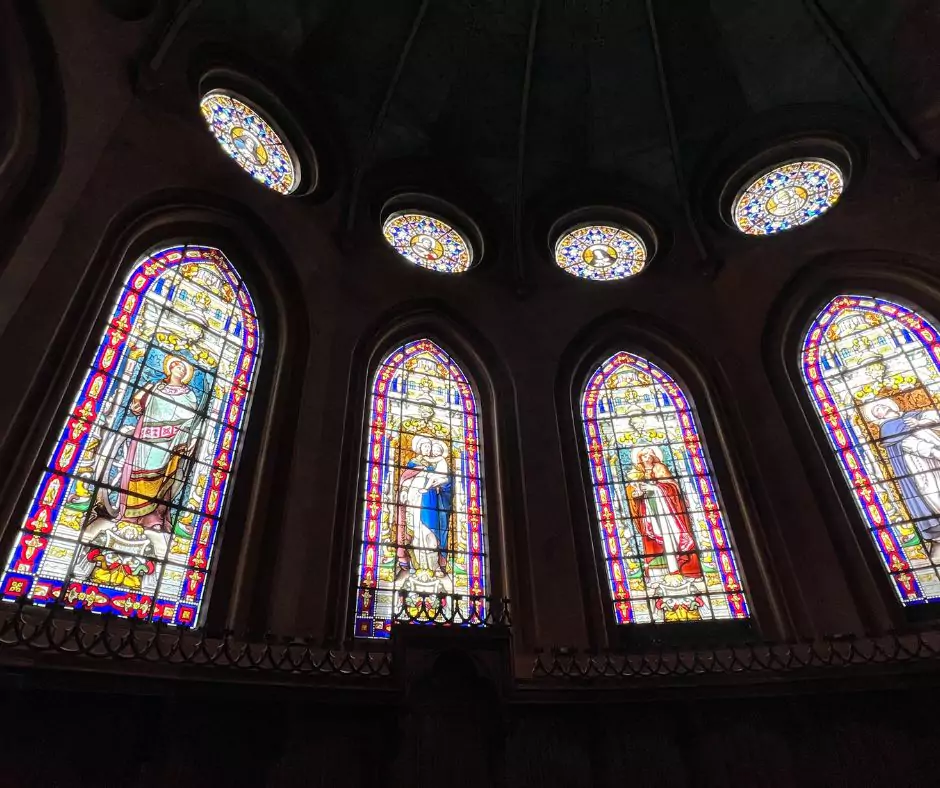
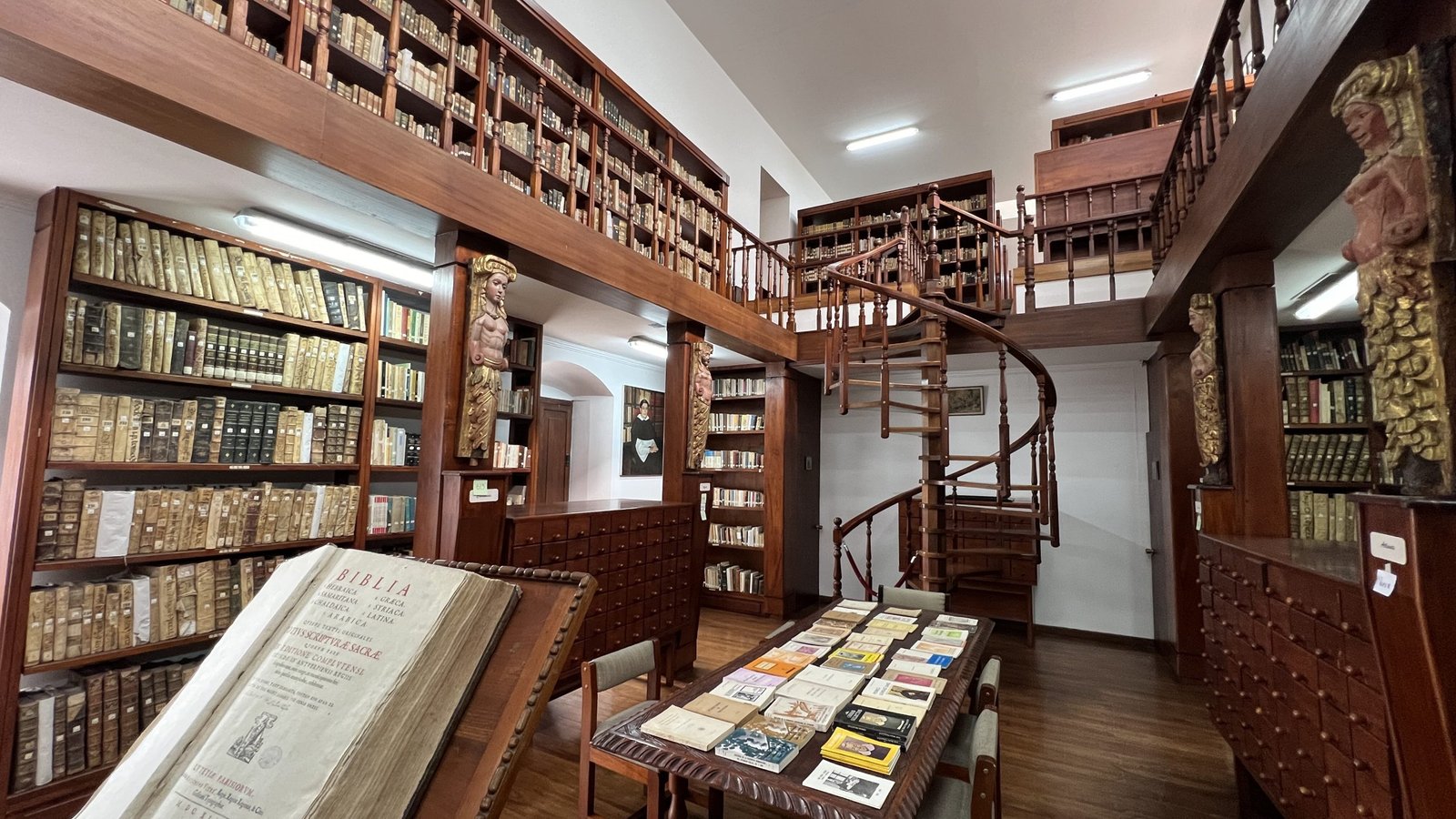
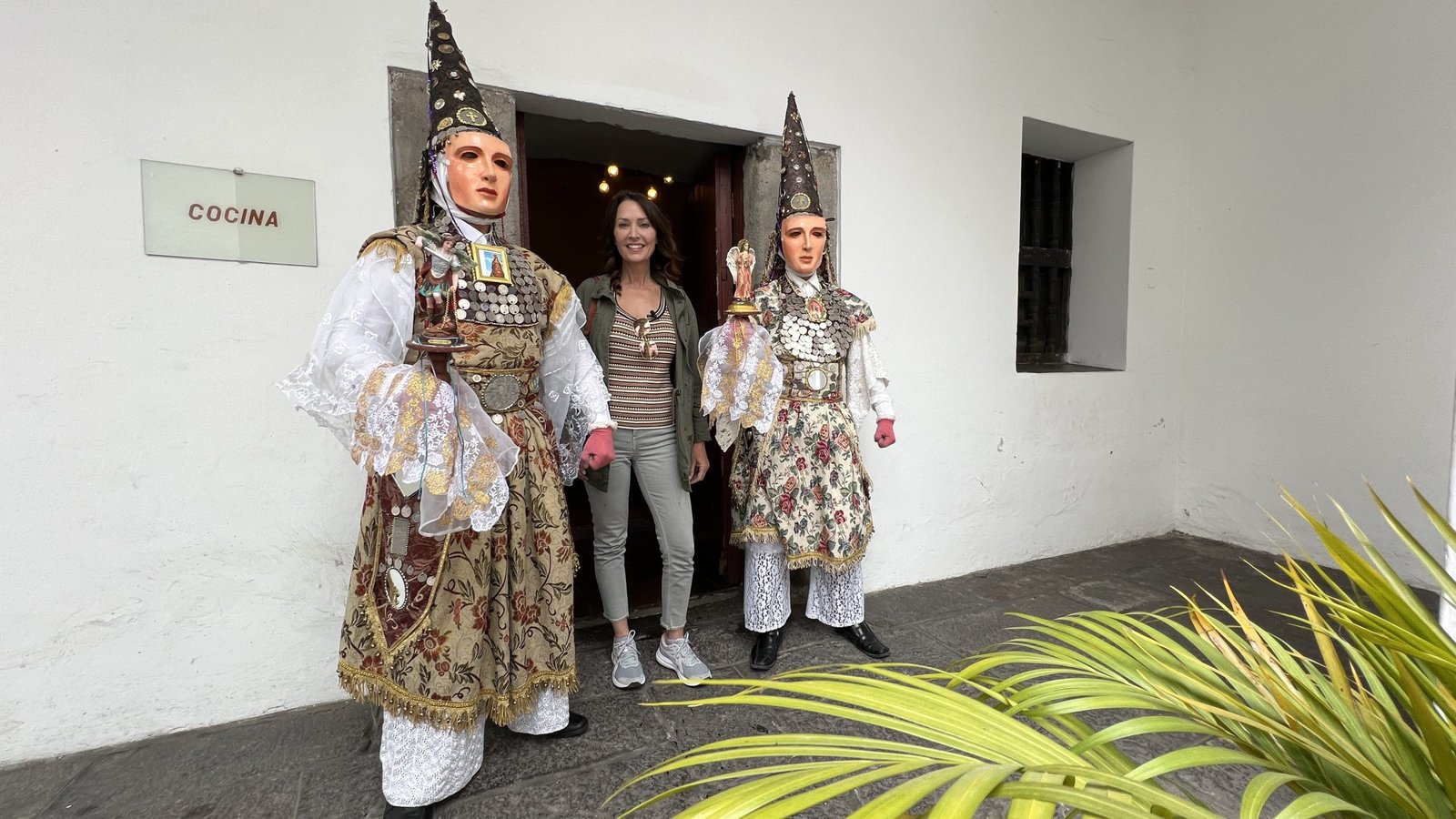
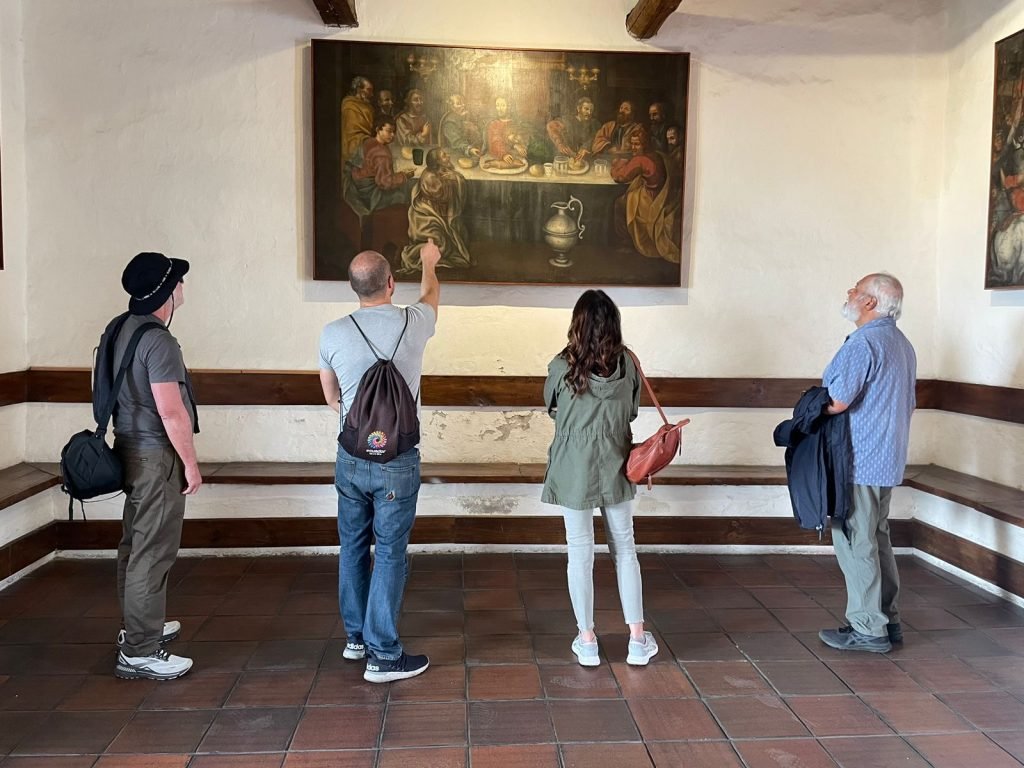
These activities allow travelers to connect deeply with Quito’s artistic and historical legacy while supporting local artisans. Learn more information about Hotel Mama Cuchara here.
Experiences at Hotel Otavalo (Otavalo)
In the vibrant town of Otavalo, known for its Indigenous markets and weaving traditions, Hotel Otavalo provides guests with opportunities to learn from the master artisans of the region:
- Tayta Gundo: A family project directed by renowned musician Ali Lema, likely offering musical experiences that showcase Otavalo’s rich cultural traditions.
- Arte Nayia: An outdoor exhibition of dream catchers, leading to an indoor showroom and workshop. Guests can likely participate in creating these traditional crafts.
- Kawsaymi: This experience involve a cooking class where guests learn to prepare traditional local meals, offering a taste of Otavalo’s culinary heritage.
- Textile Weaving Workshops: Given Otavalo’s famous weaving traditions, the hotel offers weaving experiences with local artisans.




These experiences allow travelers to connect with the heart of Otavalo’s Indigenous culture, fostering a deeper appreciation for its artistry. Learn more information about Hotel Otavalo here.
Experiences at Hotel Cruz del Vado (Cuenca)
Nestled in Cuenca, a city renowned for its colonial charm and artisan traditions, Hotel Cruz del Vado offers experiences that celebrate the craftsmanship and creativity of this UNESCO World Heritage Site:
- Blacksmith Workshop: Guests can observe or participate in a hands-on experience with traditional metalworking such as creating antique skeleton-key style locks and traditional decorative roosters and more.
- Panama Hat Experience: Given Cuenca’s renown for Panama Hats, the hotel offers opportunities to learn about and purchase these iconic hats.
- Guitar Luthier Visit: Guests have the chance to observe the crafting of guitars or learn about the art of lutherie.
- Pottery Workshop: Guests can engage in pottery demonstrations or workshops, given the hotel’s focus on local crafts.
- Andean Wind Instruments: Experiences related to traditional Andean music, including demonstrations or workshops on playing these instruments.
- Antique Shop Tours: Guests may have the opportunity to explore local antique markets or shops, either through guided tours or self-directed exploration.

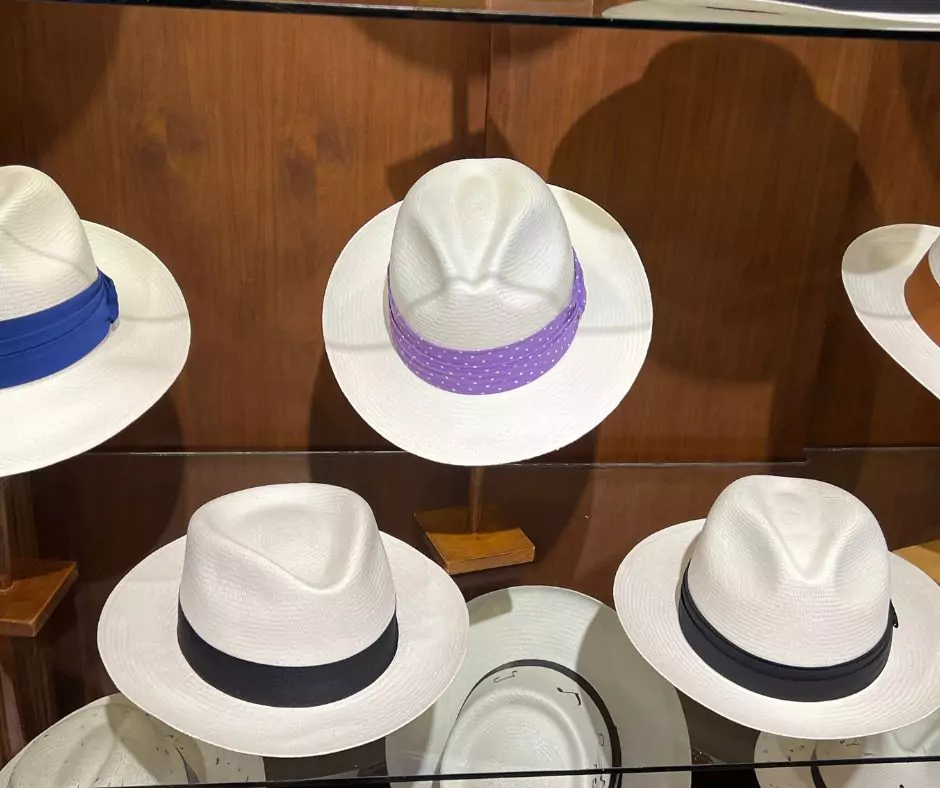



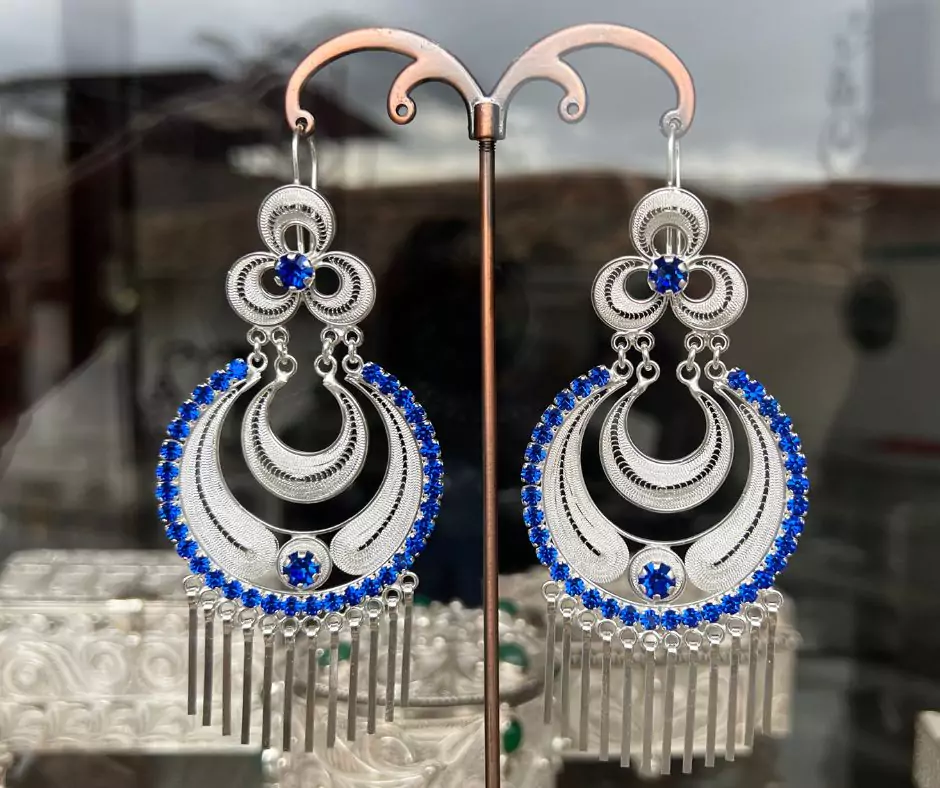
These experiences provide guests with a hands-on understanding of Cuenca’s artistic legacy, allowing them to take a piece of Ecuador’s culture home with them. Learn more information about Hotel Cruz del Vado here.
A Unique Approach to Tourism
Art Hotels Ecuador takes tourism to a new level by combining luxury with cultural immersion. Guests who stay at these properties are not just tourists—they become participants in Ecuador’s story.
Sebastian explained how Art Hotels Ecuador changes the way people perceive travel:
“Sightseeing becomes secondary. What you take home are stories, connections, and souvenirs that remind you of the positive impact you had here.”
This approach aligns perfectly with the growing demand for transformational travel, where visitors seek meaningful experiences that leave a lasting impact on both themselves and the communities they visit.
Preserving Ecuador’s Cultural Heritage
The Challenge of Keeping Traditions Alive
Ecuador’s traditions are deeply rooted in oral history. Many of the crafts and arts practiced by its indigenous communities—such as weaving, pottery, or mask-making—are not written down or codified.
“You can’t Google these traditions,” Sebastian emphasized. “They’re passed down from mother to daughter, father to son, from elders to the next generation.”
However, modernization and economic pressures threaten these practices. Without sustainable ways to monetize their skills, many artisans risk losing their crafts altogether.
The Micro-Entrepreneurship Solution
Through Art Experiences Ecuador, artisans are supported as micro-entrepreneurs. The program provides training in:
- Storytelling: Artisans learn how to share the history and cultural significance behind their crafts.
- Product Development: They are guided on how to adapt their crafts for modern markets while retaining authenticity.
- Financial Management: Artisans are taught how to manage their earnings and sustain their businesses.
- Market Access: The initiative connects artisans directly with travelers, tourism agencies, and local businesses.
One example Sebastian shared is a mask maker in Quito, one of the last artisans creating paper-mâché masks. These masks, a symbol of Ecuador’s cultural resistance, were historically used during carnivals to mock Spanish colonizers.
“The Spanish were the dragons, and we were the clowns,” Sebastian said. “This tradition goes deep into our roots, and through micro-entrepreneurship, we’re keeping it alive.”
Women Entrepreneurs: Breaking Barriers
In Ecuador, women play a significant role in preserving cultural traditions through micro-entrepreneurship. One notable example is Claudia Morales from Kawsami, an extraordinary entrepreneur in Otavalo, a region where men traditionally dominate.

“She’s a general,” Sebastian said with admiration. “The way she leads her business, manages people, and gives the experience is nothing short of inspiring.”
Through programs like Art Experiences Ecuador, women like Claudia are breaking barriers, sustaining their families, and redefining gender roles in their communities.
Transformative Travel: Connecting with Culture Bearers
One of the most impactful aspects of Art Experiences Ecuador is how it connects travelers directly with culture bearers—the artisans and safekeepers of Ecuador’s traditions.
Sebastian shared:
“Neighbors in these communities have lived here for six generations. They are the safekeepers of their culture and traditions. When travelers connect with them, it’s more than an experience—it’s an immersion into the soul of Ecuador.”
Through hands-on workshops and guided tours, travelers learn to:
- Weave traditional textiles.
- Make chocolate using Ecuadorian Fino de Aroma cacao.
- Craft pottery using ancient techniques.
These experiences are not only educational but also deeply personal, leaving travelers with memories and connections that last a lifetime.
Why Ecuador is a Unique Destination
Ecuador is a small country with incredible diversity. As Sebastian put it:
“Ecuador is the size of Colorado, but it’s basically South America in one country.”
Here’s what makes Ecuador special:
- Diverse Landscapes: In one day, you can climb Cotopaxi Volcano, explore the Amazon Rainforest, and relax on a warm beach.
- Cultural Heritage: With 14 nationalities and some of the best-preserved historical downtowns in South America (Quito and Cuenca), Ecuador offers a rich cultural experience.
- Warm Hospitality: Ecuadorians are known for their kindness and willingness to go out of their way to help travelers.
The impact of Ecuador microentrepreneurship extends beyond individual artisans; it revitalizes communities and preserves cultural heritage.
By empowering artisans as micro-entrepreneurs, Art Experiences Ecuador ensures that:
- Artisans earn fair wages.
- Cultural traditions are preserved for future generations.
- Travelers gain a deeper understanding of Ecuador’s heritage.
“At the end of the day, it’s about giving artisans the tools to succeed on their own terms,” Sebastian said. “Exclusivity is slavery. I want them to thrive independently.”
Final Thoughts
Art Experiences Ecuador is more than a travel program—it’s a movement. By empowering artisans as microentrepreneurs, it ensures that Ecuador’s cultural heritage thrives in a sustainable, meaningful way.
Whether you’re creating pottery in a small Andean village or weaving textiles with an Otavalo artisan, these experiences connect you to the heart of Ecuador. As a traveler, you’re not just a visitor—you’re part of a story of empowerment, preservation, and transformation.
Ecuador isn’t just a destination—it’s an experience that stays with you forever.
This post may contain affiliate links, meaning I may earn a small commission if you make a purchase through these links at no extra cost to you.
More Ecuador Travel Tips and Guide For You
5 Reasons Why Horseback Riding in Ecuador is a Must-Do
In Search of the True Equator Line in Ecuador
5 Best Hotels in Quito Ecuador
Quito School of Art: Ecuador’s Unique Religious Art Legacy
Is Quito Safe for Tourists? What You Need To Know
5 Best Hotels in Quito, Ecuador for Unforgettable Stays
Is Quito Safe for Tourists? What You Need To Know









